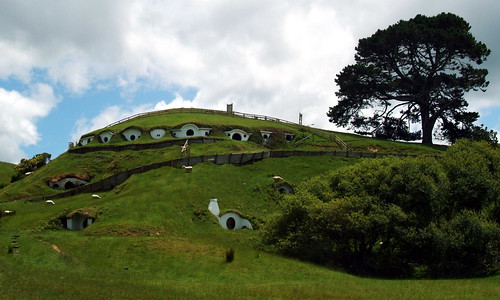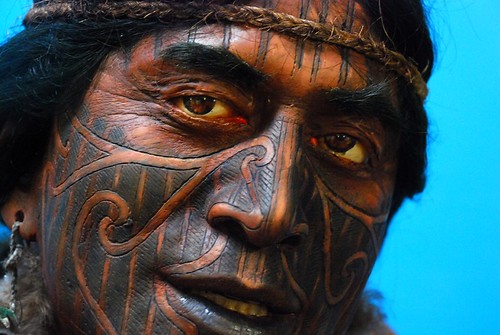Adopting from New Zealand
Contents
Hague Convention Information
New Zealand is party to the Hague Convention on Protection of Children and Co-operation in Respect of Intercountry Adoption ( Hague Adoption Convention ). Therefore all adoptions between New Zealand and the United States must meet the requirements of the Convention and U.S. law implementing the Convention. New Zealand is not an intercountry adoption sending country and does not have children available for intercountry adoption in State care. New Zealand will assist with relative adoption inquiries.
New Zealand acceded to the Hague Adoption Convention in 1999. The Adoption (Inter-country) Act of 1997 gives that Convention status in New Zealand. Intercountry adoption in non-Hague countries can be recognized in New Zealand under certain conditions by Section 17 of the Adoption Act of 1955. New Zealand adoption practice is based on the principles outlined in the United Nations Convention on the Rights of the child (UNCRC) and in the Hague Convention. These principles support New Zealand children being adopted within New Zealand before any consideration is given to placing with foreigners overseas.
New Zealand usually requires prospective adoptive parents to be permanent residents of New Zealand.. New Zealand follows the principle of locating permanent families for New Zealand-born children in New Zealand.
If the birth mother selects a specific U.S. citizen as an adoptive parent, an otherwise qualified child will not be able to obtain a U.S. immigrant visa as an orphan unless the mother is the sole or surviving parent and is incapable of providing proper care.
NOTE: Special transition provisions apply to adoptions initiated before April 1, 2008. Learn more.
Who Can Adopt
Residency
Age of Adopting Parents
Marriage
Income
Other
Who Can Be Adopted
How to Adopt
Adoption Authority
The Process
Traveling Abroad
Applying for Your U.S. Passport
A valid U.S. passport is required to enter and leave New Zealand. Only the U.S. Department of State has the authority to grant, issue, or verify U.S. passports. Getting or renewing a passport is easy. The Passport Application Wizard will help you determine which passport form you need, help you to complete the form online, estimate your payment, and generate the form for you to print-all in one place.
Obtaining Your Visa
In addition to a U.S. passport, you also need to obtain a visa. A visa is an official document issued by a foreign country that formally allows you to visit. Where required, visas are attached to your passport and allow you to enter a foreign nation. To find information about obtaining a visa for New Zealand, see the Department of State's Country Specific Information.
Staying Safe on Your Trip
Before you travel, it's always a good practice to investigate the local conditions, laws, political landscape, and culture of the country. The State Department is a good place to start. The Department of State provides Country Specific Information for every country of the world about various issues, including the health conditions, crime, unusual currency or entry requirements, and any areas of instability.
Staying in Touch on Your Trip
When traveling during the adoption process, we encourage you to register your trip with the Department of State. Travel registration makes it possible to contact you if necessary. Whether there's a family emergency in the United States, or a crisis in New Zealand, registration assists the U.S. Embassy or Consulate in reaching you. Registration is free and can be done online.
After Adoption
What resources are available to assist families after the adoption?
Many adoptive parents find it important to find support after the adoption. Take advantage of all the resources available to your family -- whether it's another adoptive family, a support group, an advocacy organization, or your religious or community services.
Here are some good places to start your support group search:
Child Welfare Information Gateway
North American Council on Adoptable Children
Adoption Services Support Group for Adopting Persons
SOURCE
Intercountry Adoption, Bureau of Consular Affairs. U.S. Department of State Country Information










